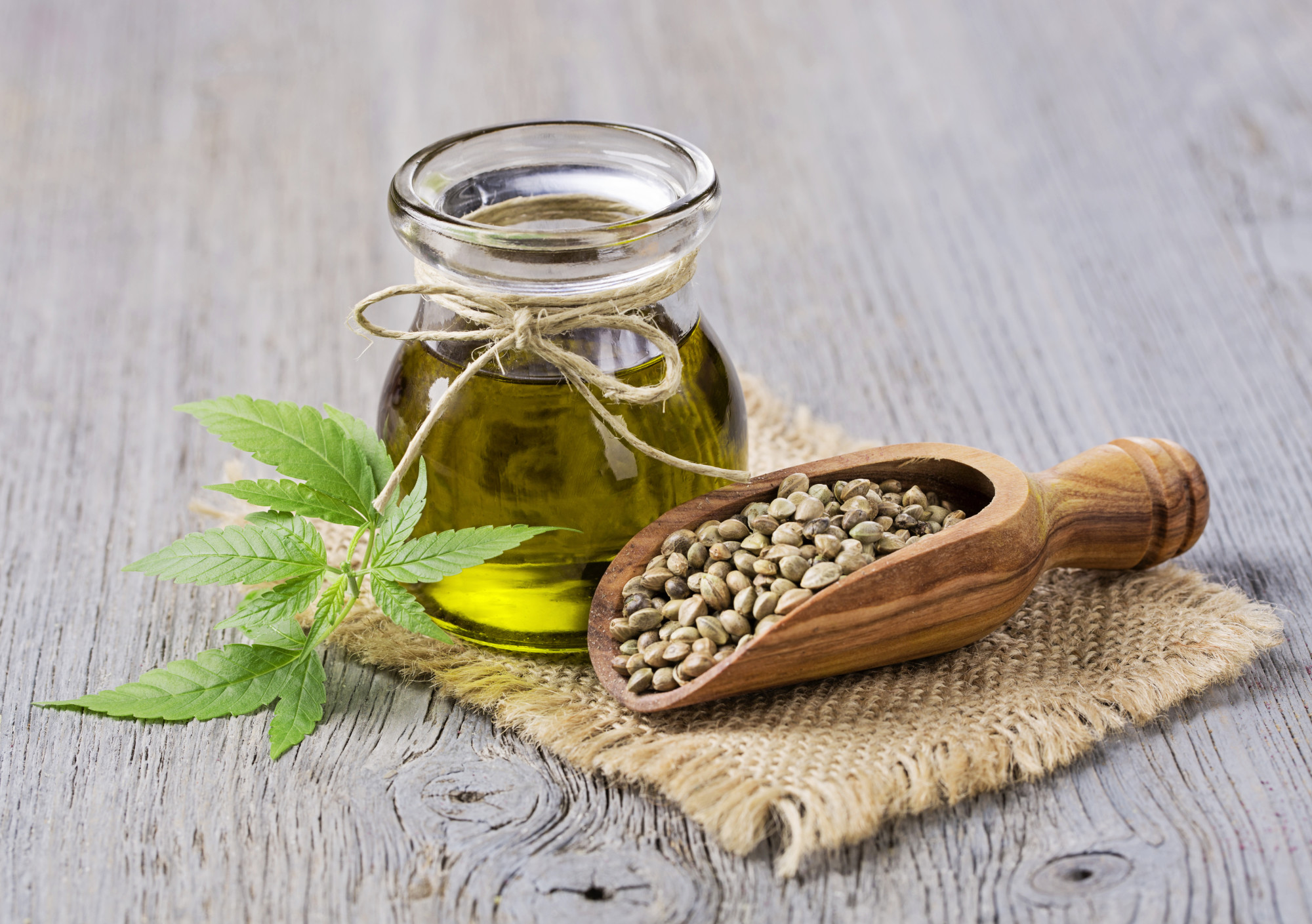Just a few years ago, any mention of products derived from the cannabis plant was strictly taboo. Today is a much different story.
With the legalization of industrial hemp in 2018, the cannabis game has changed. Today, you can find hemp and CBD products in common stores across the nation.
In fact, 64% of adults living in America are familiar with CBD and CBD products, and 33% have used them. With all of the health benefits CBD brings, it’s no wonder.
Whatever you’re using it for, whether that be for relaxation or to help with anxiety, you’re probably curious about CBD tolerance and how that will affect your CBD use.
Keep reading to learn the answers to all your CBD tolerance questions.
Why Does Tolerance Matter?
When you build a tolerance to a substance, it requires you to use more of that substance in order to get the same effects.
This is not the same as being dependent or addicted, as that is a compulsive need to use a drug or the need to use it to feel normal.
Tolerance means your body has become accustomed to the drug. Commonly, most cannabis users will notice this behavioral tolerance, in which the user has become most accustomed to the drug’s effects.
Tolerance also happens on a cellular level when your cells become less responsive to the substance. It also occurs on a metabolic level when less of the substance is reaching the site in which it interacts with.
Understanding what tolerance is can help you understand how to use CBD most effectively.
CBD vs. THC
If you question how to tolerate cannabis, you’ve probably most often heard THC referenced. It’s important to understand the difference between CBD and THC because your body builds up a tolerance to them in different ways.
If you’re using marijuana, you probably have a strain that is THC heavy. This means that you’ll get the psychoactive effects, as the THC binds to the C1 receptor located in your brain.
This is thanks to the endocannabinoid system, which is responsible for regulating different systems in our body and keeping us at homeostasis.
If you’re an experienced marijuana user, you’re going to be using a lot more than new users. This is because of your THC tolerance.
When a lot of THC is introduced into our cells, the cells try to reverse the effect to get back to how the C1 receptor normally works.
They do this in two different ways. First, through desensitization, the cannabinoids have a more difficult time binding to the C1 receptors. Then, through internalization, the C1 receptors are pulled from the surface of the cell to the interior.
With desensitization, the receptors can still be activated by THC, though less powerfully. Through internationalization, the receptors can no longer be activated by THC at all. However, this process can be reversed.
This is often why heavy marijuana users take “T-breaks”, where they switch to CBD heavy strains or take a break from cannabis altogether.
CBD and the Endocannabinoid System
CBD works very differently within the endocannabinoid system than THC. CBD is known to act as a “negative allosteric modulator.” This means that, opposite to how THC acts with the C1 receptor, CBD acts as an antagonist.
This means that CBD reduces the binding affinity to the C1 receptors, which makes them less responsive to other cannabinoids.
By doing so, CBD prevents overactivity in the endocannabinoid system, which occurs with the use of THC.
CBD can also increase the endocannabinoids that are naturally found in your body. The combination of this and the antagonization of the C1 receptors is what causes CBD to create a relaxed and focused state within your body.
CBD Tolerance: How It Can Work for You
So, does this mean that your body can build a tolerance from CBD too?
No, CBD is thought to be non-tolerance forming. The C1 receptors react differently to negative allosteric modulation than they do to direct intense stimulation, which is what THC does.
Along with this, because CBD acts as an antagonizer to the C1 receptors, it can also help reverse the tolerance build-up of THC.
Therefore, if you feel like you have a high tolerance to THC right now, using CBD could help reduce those effects. Switching to a CBD heavy strain every once in a while is wise.
This is especially good news because many people take CBD for its medicinal benefits. CBD is thought to aid sleeplessness, stress, and anxiety, reduce inflammation, help with chronic pain, reduce the effects of premenstrual syndrome, and much more.
Many prescription medicines that help with these same ailments are known to create a tolerance build-up.
With more studies being done on CBD, a switch to an all-natural remedy that does not create a tolerance build-up could be the most significant benefit of all.
Time to Begin Your CBD Journey
So, you can now call yourself a CBD tolerance expert. While THC is often looked at as the most desired cannabinoid, CBD has so much to offer, and you don’t have to worry about taking it too often.
If you have social anxiety, chronic pain, or just need to relax, consider incorporating CBD into your daily routine. There are so many different ways to use it, you will be sure to find something that works for you.
So, what are you waiting for? Browse through our collection of high-quality CBD products today to begin your CBD journey!

